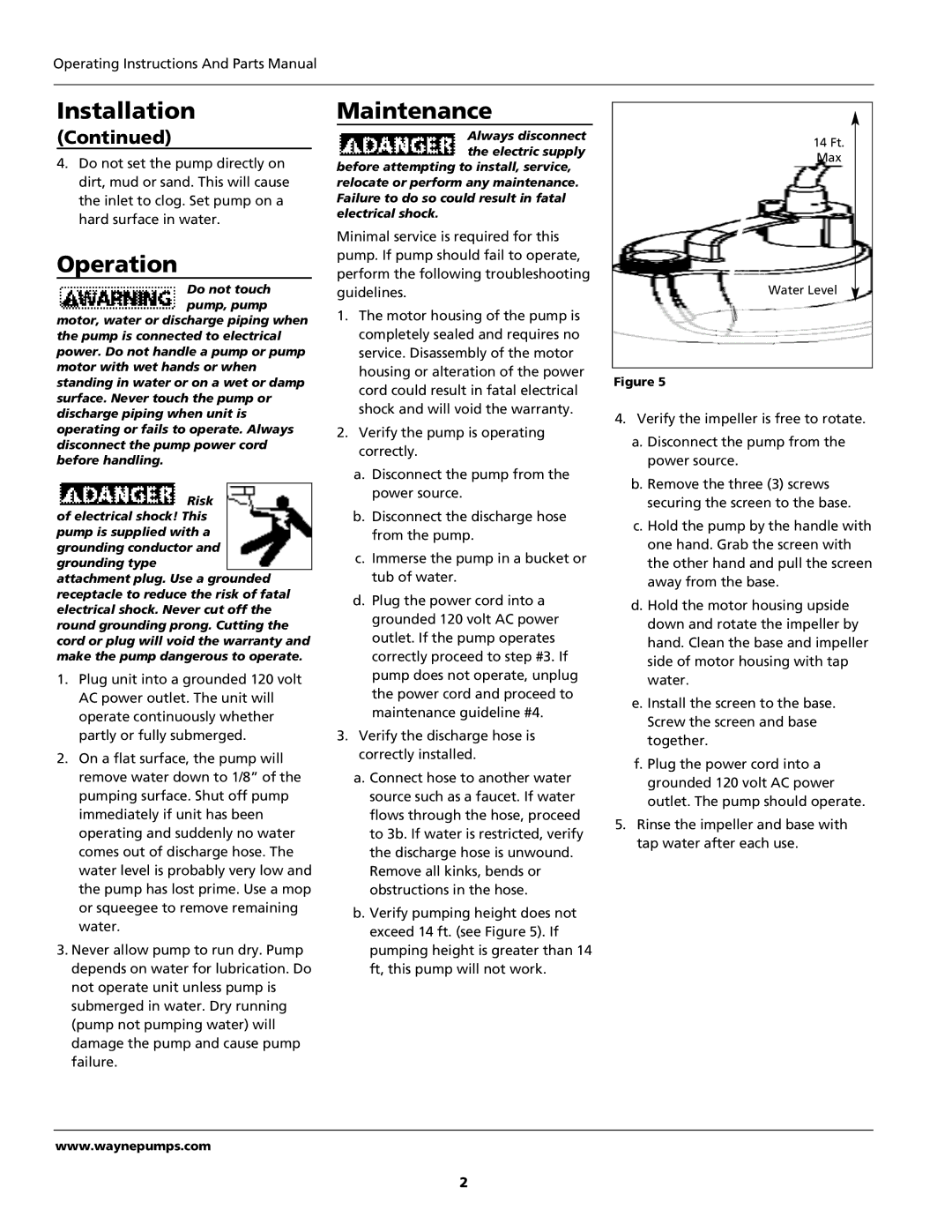320702-001, GFU Series specifications
The Wayne 320702-001, part of the GFU Series, represents a significant advancement in fueling technologies and equipment, tailored specifically for high-performance fueling operations. Designed for both efficiency and durability, this innovative unit provides a comprehensive solution for various fueling applications, making it a preferred choice for businesses in the petroleum industry.One of the standout features of the Wayne 320702-001 is its user-friendly interface, which incorporates advanced digital controls. These controls not only simplify the fueling process but also enhance operational efficiency. Users can monitor fuel flow and control operations from a centralized display, allowing for real-time adjustments and performance tracking.
The GFU series showcases cutting-edge technology such as high-speed pumps that facilitate quick fueling capabilities, significantly reducing wait times for customers. This is particularly beneficial in high-traffic areas where efficiency directly impacts service quality and customer satisfaction. Additionally, the Wayne 320702-001 is engineered for compatibility with various fuel types, including gasoline, diesel, and alternative fuels, ensuring versatility across different fueling stations.
Durability is another hallmark of the Wayne 320702-001. Constructed with robust materials and designed to withstand harsh environmental conditions, this unit promises longevity and minimal maintenance. Its weather-resistant design ensures that it operates smoothly regardless of external conditions, making it an ideal investment for businesses seeking reliability.
Safety features are integral to the design of the Wayne 320702-001. It includes automatic shut-off systems and leak detection technologies that prioritize user safety and environmental protection. These features help mitigate risks associated with fuel dispensing, allowing operators to maintain compliance with industry regulations.
In summary, the Wayne 320702-001, GFU Series, is a powerful fueling solution that combines efficiency, durability, and safety. Its advanced digital controls, high-speed pumping capabilities, and compatibility with multiple fuel types make it a versatile choice for fueling stations. With a focus on user-friendly operation and robust construction, this unit is poised to meet the demands of modern fueling operations while ensuring safety and customer satisfaction. For businesses in the petroleum sector, investing in the Wayne 320702-001 represents a step towards enhanced operational efficiency and reliability.

